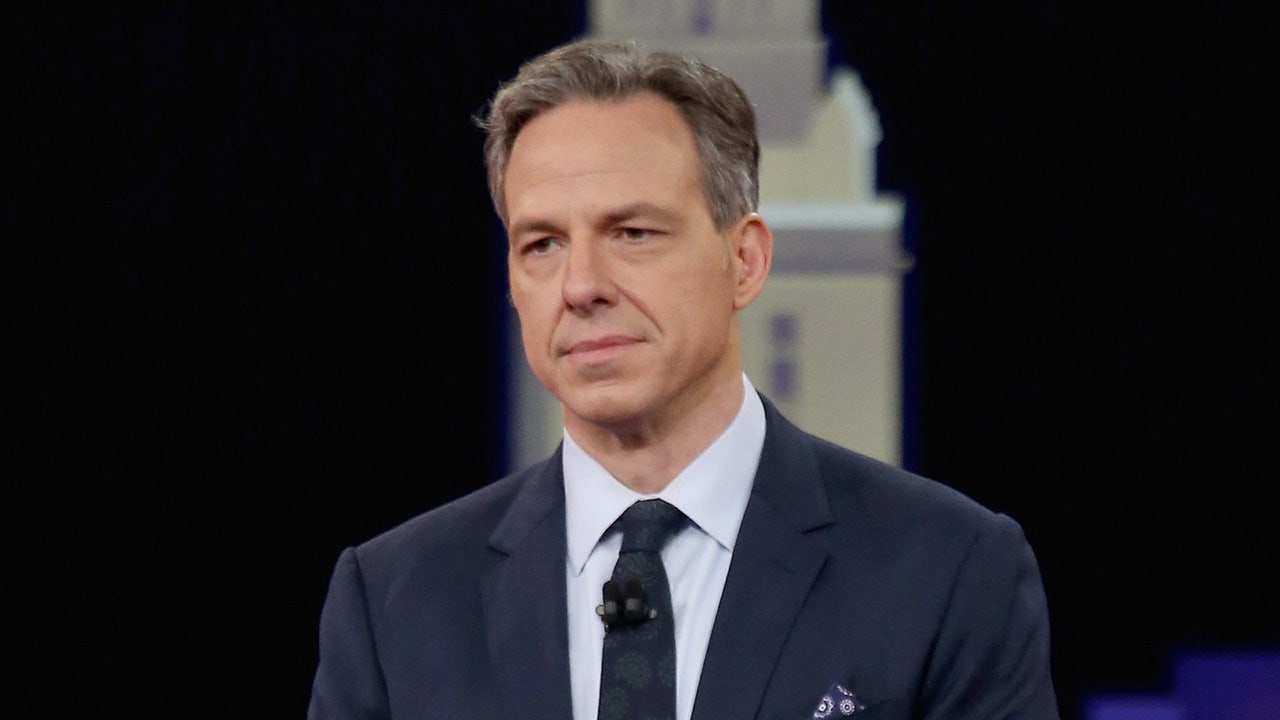[ad_1]
“If I lose my seat over it, so be it. I will go home knowing that I made the best decision possible,” New York Democratic Rep. Anthony Brindisi, who flipped a seat from red to blue in the 2018 midterms and represents a district that went for Trump in 2016, told CNN on Tuesday ahead of the vote, saying that he is “at peace” with his decision to vote for impeachment.
“At the end of the day, I had to do what I felt was right for our country and the rule of law,” Brindisi said, adding, “ultimately my job is to uphold my oath to defend the constitution.”
Trump-district Democrats came forward one-by-one this week to announce their votes — and almost all ultimately said they would make the difficult decision to vote in favor.
“If this was a political calculation, then I wouldn’t have come out voting for them, and I wouldn’t be voting yes,” Michigan Democratic Rep. Elissa Slotkin told reporters about her support for articles of impeachment Tuesday. “This is not something that you can do based on polls and based on what a political consultant tells you to do.”
Democratic Rep. Elaine Luria of Virginia, another Trump district Democrat who decided to vote to impeach, told CNN on Wednesday, “Obviously, this is a place that none of us wanted to be. We didn’t want to have these kind of circumstances and the President abusing his power. I take the vote very seriously.”
Asked if she fears losing her seat, another moderate Democrat, Rep. Jennifer Wexton of Virginia, said “If that happens then I’ll know it was for the right reasons.”
Republicans have been quick to argue that a vote to impeach will cost the moderate Democrats their congressional seats, underscoring the extent to which the GOP believes impeachment will hurt House Democrats in the next election.
Vice President Mike Pence made the case to Republicans in a conference meeting earlier this month that members should focus in the 2020 election on all the things Democrats didn’t accomplish because they were too busy impeaching the President. The vice president also conducted a series of local television interviews this week in moderate Democrats’ districts in an effort to pressure members on impeachment.
On Wednesday as the House was debating their articles of impeachment, White House counselor Kellyanne Conway was at the Senate Republican lunch outlining how public polling was shifting in the GOP’s direction.
But despite the tough vote that many moderates have to take on impeachment, when House Democrats return to their districts over the holiday recess they will also be able to talk about how they crossed a number of legislative items off their to-do list prior to the end of the year that have nothing to do with the controversial topic.
In the same week that House Democrats are expected to vote to impeach the President, they will also vote to approve the United States-Mexico-Canada agreement, a sweeping trade deal and a key priority for many moderates.
There have also been a string of other House votes on agenda items important to moderate Democrats. One of those agenda items is legislation to lower prescription drug prices, which is unlikely to go anywhere in the Senate, but nevertheless gives Democrats an opportunity to argue they are working to tackle a health care concern for many Americans.
Many moderates also won legislative victories in a massive spending bill and defense authorization bill that they can tout back home.
“I believe that there has been sincerely some very positive things done in the last few weeks that are going to be signed by the President of the United States that will positively affect people’s lives,” New York Democratic Rep. Max Rose, who represents a district that Trump won in 2016, told CNN. “That’s a good thing.”
As one example, Rose pointed to sanctions against Chinese pharmaceutical companies “who have been flooding our communities with fentanyl, killing our kids,” in the defense authorization measure. “We’re finally going to make them pay,” Rose said.
Rep. Haley Stevens, a moderate from Michigan, pointed out that her message when she gets home will be to tout a bill that she ran on. She said the National Defense Authorization Act included a signature piece of manufacturing legislation — the American Manufacturing Leadership Act — that had motivated her to run for Congress in the first place.
“This was literally why I ran for Congress,” Stevens said noting she’d worked in one of the manufacturing institutes that the legislation seeks to improve before she got into politics.
Brindisi, the moderate from New York, was able to include the SPOONSS Act — the Support Procurement of our Nation’s Stainless Steel Act– in the NDAA, a victory his office said his predecessor didn’t accomplish and could benefit a local business back home. The bill reinstates a rule that whenever possible the military buy US-made flatware, a huge win for a local flatware company in his district.
House Speaker Nancy Pelosi has encouraged her moderates to focus on their legislative wins when campaigning next year and she’s rejected the idea that by bringing up impeachment, she endangered her moderate members and risked her majority.
“No, I’m not worried,” Pelosi said in response to a question at Politico’s Women Rule Summit earlier this month when asked if she’s worried the House will flip as a result of impeachment. When asked again if she predicts Democrats will maintain control of the House in 2020, Pelosi answered with confidence, “Oh, definitely, yes.”
But some House Democrats concede that the impeachment push may endanger the House majority, though they insist that Democrats had no choice but to impeach given the President’s actions in the Ukraine scandal.
Rep. Stephen Lynch of Massachusetts, a self-described moderate Democrat who is serving his 10th term in the House, said it is “a definite possibility” that there could be a backlash that could make it difficult for Democrats to retain the House majority.
“It may hurt us. It may help the President, but that doesn’t change the facts that the President broke the law and tried directly to have a foreign government come in and influence our democratic election,” Lynch said.
Lynch argued, “whatever the consequences might be, we really do have to defend the constitution,” adding, “I’m very proud of a lot of the moderate Democrats who have come out — and even though it jeopardizes their reelection chances — they are still determined to do what they think is right.”
Rep. Sean Patrick Maloney, a fourth-term House Democrat from New York who serves on the House Intelligence Committee and represents a Trump district, told CNN that he doesn’t believe the Democratic House majority is at risk as a result of impeachment.
But, he added, “If you don’t have things that you believe in more than keeping your job, you probably shouldn’t be in Congress.”
[ad_2]
Source link





Connect with us on our socials: